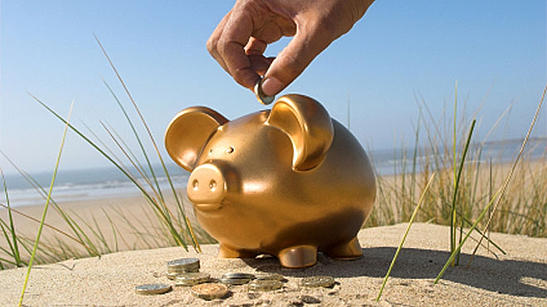A lot of times people ask me how do I stay on track with my finances so well and still have money to do the things I enjoy while paying back my student loans. This is a topic I love to discuss with people because it was all about planning. Before I became a traveling therapist, I made a simple chart on Microsoft Word with a list of my bills, what I owed and their monthly payments. Then I took what I made roughly every month and subtracted my minimum payments. That left me with a certain amount of money to play around with to see what bills I could pay off first.
From there I started to look at which bills had the highest interest and which ones could practically be paid off soonest without making me poor at the end of the day. From there, I subtracted my weekly needs like food and gas. That last bit of money was what I could use for things I wanted but were not a necessity. This plan I developed I have yet to deviate from. Every month I update that chart and see where I am at.
Planing is key to being successful with your finances. Also, as a therapist I can work weekends and since I gave myself two years as traveler to pay off a significant amount of debt I have chosen to work two weekends a month for extra income. Giving up my days just a couple times a month has enabled me to pay off two loans already and I am preparing to pay my car off over a year early.
I don't have some huge amount of money in my bank account. No I do not make as much as people think. I have just been smart and saved money every week to help get me to this point. Tips I have found that are helpful to improve your financial success are as follows:
1. Identify what you are saving for-For me I wanted to have a certain amount of money when I returned home from being a traveler so I did not have to stress about finding a job. I wanted to save money so I could do things like go on vacations and pay those unexpected expenses like brakes on my car without panicking.
2. Determine how much you can save: For me after I completed my chart, I determined how much money I had left over and every week from that I put money into a simple savings account that I do not touch unless it is an ABSOLUTE EMERGENCY.
3. Find the best way to save: For some people like myself, that means putting money into a savings account. I am not at the point in life where I can invest money so I am working from the ground up. Determining the right way to save has a lot to do with how much you can save. If you have a signifcant amount then looking into mutual funds and investment certificates could be a possibility.
4. Make it part of your routine- If you just decide to save here and there you will eventually end up broke. You have to commit to saving or you will fail. At first it may seem difficult, you may feel like you are spread to thin but after a few months it will seem significantly easier and you won't think twice about it.
5. Keep accurate records and monitor your savings: I keep a running total in my financial chart to make sure everything adds up. I also monitor my bank account weekly and check both of my accounts to make sure I am transferring the correct amount each week. If you have long term savings goals like retirement then look into a retirement savings fund or if you are looking to save for a big dream vacation look into a tax free savings account.
Honestly, making this set plan was the best decision. It keeps me from spending too much money on those purchases that catch my eye but I don't necessarily need. Before I spend anything out of my routine, I think do I really need it. I always give it a day and if by the second day I still want that item and I have the money then I buy it. I work hard for my money and life is short. One should enjoy what they have, when they can, if it is in their means.
Ask me any questions to help you better save!



No comments :
Post a Comment